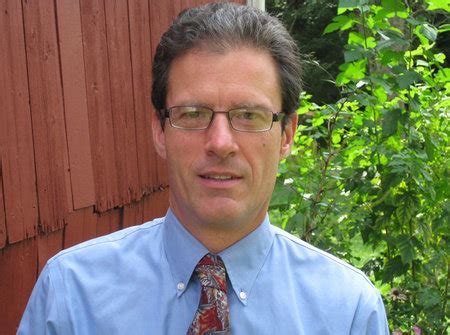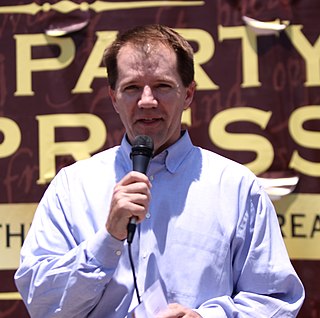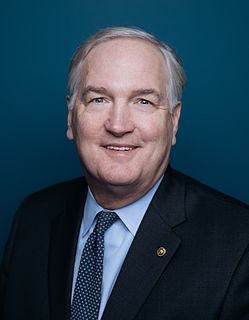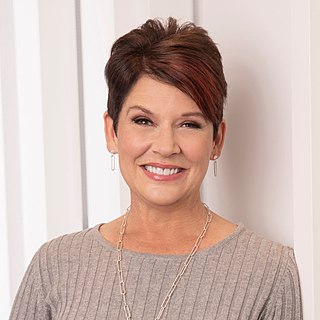A Quote by Learned Hand
It is often hard to secure unanimity about the borders of legislative power, but that is much easier than to decide how far a particular adjustment diverges from what the judges deem tolerable. On such issues experience has over and over again shown the difficulty of securing unanimity. This is disastrous because disunity cancels the impact of monolithic solidarity on which the authority of a bench of judges so largely depends.
Related Quotes
The question whether the judges are invested with exclusive authority to decide on the constitutionality of a law has been heretofore a subject of consideration with me in the exercise of official duties. Certainly there is not a word in the Constitution which has given that power to them more than to the Executive or Legislative branches.
Conservatives . . . may decide to join the game and seek activist judges with conservative views. Should that come to pass, those who have tempted the courts to political judging will have gained nothing for themselves but will have destroyed a great and essential institution. . . . There are only two sides. Either the Constitution and statutes are law, which means their principles are known and control judges, or they are malleable texts that judges may rewrite to see that particular groups or political causes win.
Diversity on the bench is critical. As practitioners, you need judges who 'get it!' We need judges who understand what discrimination feels like. We need judges who understand what inequality feels like. We need judges who understand the subtleties of unfair treatment and who are willing to call it out when they see it!
Judges decide upon copyright law. They decide upon trademark law. They decide upon scientific issues. They decide upon very complex technical issues on a daily basis. So you must have confidence in the Supreme Court, that they will apply their mind and they will come out with a decision consistent with the Constitution.
The power which a multiple millionaire, who may be my neighbor and perhaps my employer, has over me is very much less than that which the smallest "functionaire" possesses who wields the coercive power of the state, and on whose desecration it depends whether and how I am allowed to live or to work.
































